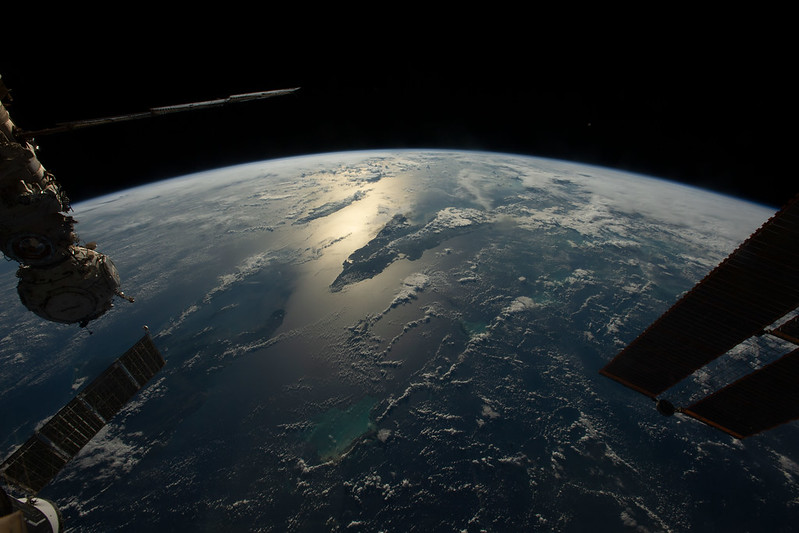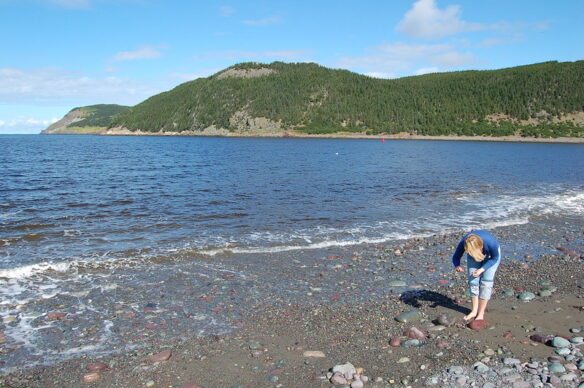Excerpt:
Research on a long-lived but rarely seen species in the Caribbean is helping scientists piece together a revised history of climate change.
Since the dawn of the industrial age, our species has warmed the planet by considerably more than today’s most widely accepted estimates imply, according to a team of scientists who have gleaned detailed new information about Earth’s past climate from an unusual source: centuries-old sponges living in the Caribbean Sea.
Networks of satellites and sensors have measured the rising temperatures of recent decades with great precision. But to assess the full arc of global warming, scientists typically combine this data with 19th-century thermometer readings that were often spotty and inexact.
This is where the sponges come in. By examining the chemical composition of their skeletons, which the creatures built up steadily over centuries, the researchers have pieced together a new history of those earliest decades of warming. And it points to a startling conclusion: Humans have raised global temperatures by a total of about 1.7 degrees Celsius, or 3.1 Fahrenheit, not 1.2 degrees Celsius, the most commonly used value.
“It’s a bit of a wake-up call,” said Malcolm T. McCulloch, a geochemist at the University of Western Australia and one of the scientists who worked on the new research.
Climate researchers look at the total amount by which humanity has warmed the planet to predict when we might expect the effects of a hotter Earth — deadlier heat waves, stronger storms, more destructive wildfires — to reach certain levels. If our forebears heated the globe more than previously believed, then the clock on dangerous climate change might effectively have started earlier than we think.
With the new findings, “we may have brought things forward by about a decade,” Dr. McCulloch said.
He and his colleagues’ research, published Monday in the journal Nature Climate Change, adds to other evidence suggesting that societies started warming the planet earlier than 19th-century temperature records indicate.
Scientists and governments still use those older records as the benchmark for measuring total warming, largely for practical reasons: They aren’t perfect, but they’re a yardstick that everyone can more or less agree on.
That’s why several researchers who weren’t involved in the new study expressed hesitation about using the Caribbean sponge data to conclude that prevailing estimates of the planet’s warming should be tossed out.
Measurements from any single location can only tell you so much about the climate worldwide, said Hali Kilbourne, a geological oceanographer at the University of Maryland Center for Environmental Science. “I would want to include more records before claiming a global temperature reconstruction,” Dr. Kilbourne said…
Sea sponges lead scientists to believe Earth surpassed 1.5 degrees Celsius of warming – ABC News (02-05-2024):
The sea sponge, called sclerosponge, is a long-lived species that records chemical changes in its calcium carbonate skeleton, according to a paper published Monday.









